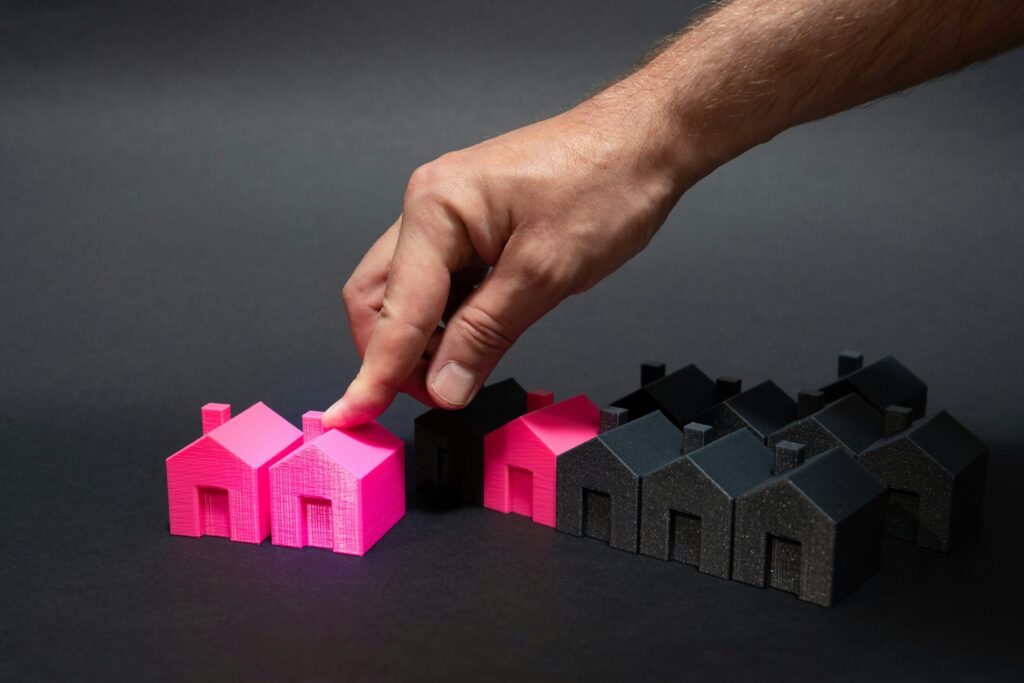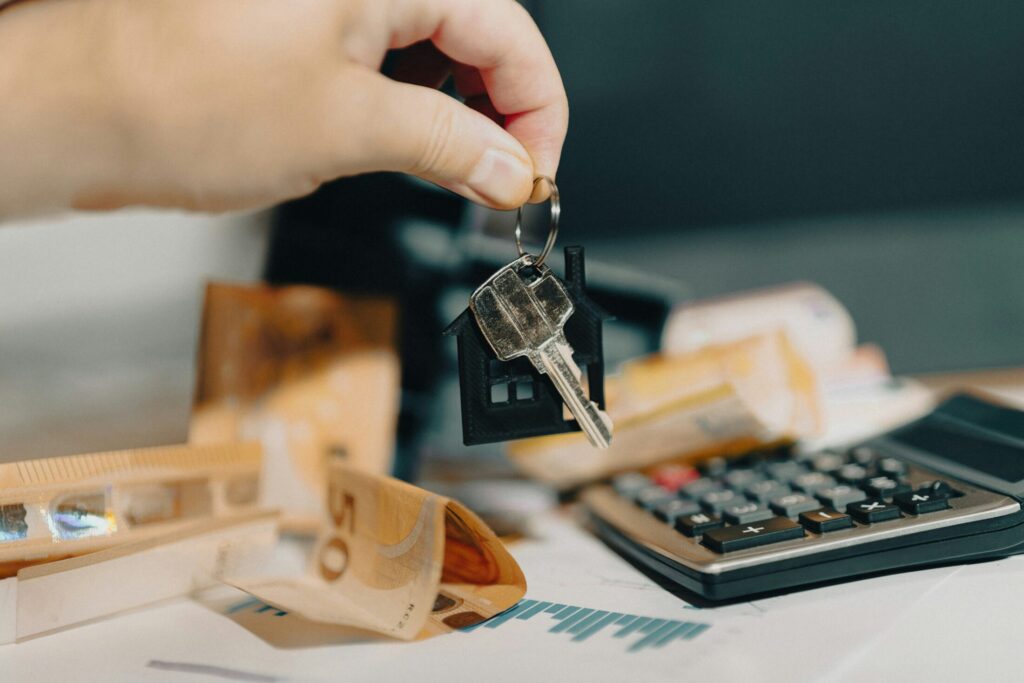Buying your first home doesn’t look anything like it did 30 years ago.
The average first-time buyer in 2024 is 38 years old. Compare that to 33 in 2020 and 31 between 1993 and 2018.
So if you’re renting in your 30s or 40s, it’s easy to wonder: Did I miss my window?
The short answer is not at all.
In fact, you’re right on time—and there are solid financial and personal reasons for that.
Why Are Buyers Waiting Longer?
Research from John Burns Research & Consulting shows that Americans are hitting major life milestones later across the board:
The average age of first-time mothers is now 30 (up from early 20s a few decades ago).
Only 33% of today’s 30-year-olds own a home, compared to 47% in 1984.
Only 48% of 30-year-olds have been married (down from 78% in 1984)
And 72% of renters are now over the age of 30—the highest share ever recorded.
This isn’t a fluke. Each generation since the baby boomers has reached these milestones later than the previous one. We’re seeing a fundamental shift in how Americans structure their lives and form families.
More people are prioritizing education, careers, flexibility, and savings before settling into long-term homeownership. And with today’s economic conditions, that’s not only understandable, it’s often the smarter move.

The Cost of Buying a Home
Let’s start by addressing the elephant in the room: buying a home is more expensive than ever compared to renting.
According to new research from Redfin, Americans now need an annual income of $116,633 to afford the median-priced home for sale. That’s nearly 82% more than the $64,160 needed to afford the typical apartment for rent.
And the gap is widening. Here’s how it’s grown:
In 2021, the income gap between renting and buying was just 17%.
By 2023, it was 54%.
In 2025, it jumped to over 80%.
Why? Home prices are rising faster than rents, mortgage rates remain above 6.5%, and inventory remains tight in many markets.
So, if you’ve been renting while waiting for a more stable financial footing before buying, you’re not falling behind—you’re adapting.

Why Buying Later in Life Works in Your Favor
Here’s why later-stage buyers are actually well-positioned to succeed:
You’ve likely had more time to increase your income and save for a down payment than you did in your 20s.
Financial maturity also typically means a better credit score and the ability to save for emergency costs, both of which are crucial for first-time homeowners.
Remember that apartment you rented in your 20s that seemed perfect, but then you realized you hated the location? By your late 30s, you’ve lived in enough places to know what truly matters in a home.
You’re less likely to make impulsive decisions and more likely to choose a home that fits your actual lifestyle and needs. That kind of clarity helps you avoid buyer’s remorse and have more confidence in your long-term decisions.
Builders and sellers are adjusting to this new buyer profile. That means more options for smaller homes, lower-maintenance living, and communities built with later-life milestones in mind.
Renting is Part of the Journey
The narrative that renting in your 30s (or 40s, or 50s) is “falling behind” doesn’t hold up anymore. In today’s market, it often just means you’re choosing to wait until your life circumstances—and the finances—feel right.
So if you’re feeling like you’ve missed your shot at homeownership, here’s the truth: Your timing is perfect for you.
And when you’re ready to buy, you’ll bring experience, clarity, and confidence into the process.




